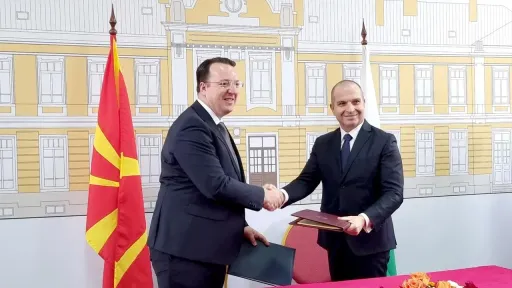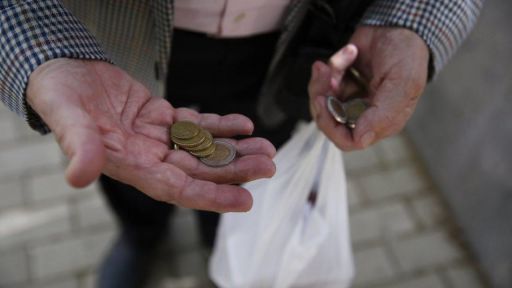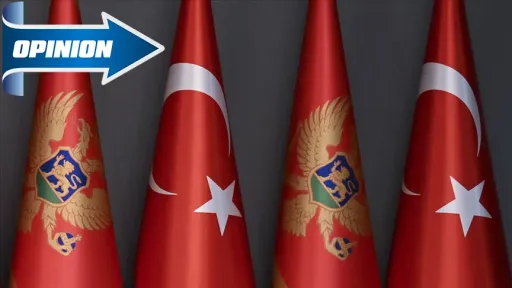Bulgaria to join Eurozone in 2026, becoming 21st member of single currency bloc

The European Union has approved Bulgaria's accession to the eurozone, paving the way for the country to adopt the euro as its official currency on January 1, 2026. Bulgaria will become the 21st member of the single currency area, following Croatia, which joined in 2023.
The long-anticipated decision was officially confirmed by EU finance ministers on Tuesday, after Bulgaria met the final economic and legal criteria required for entry. The euro-to-lev conversion rate has been formally set at 1.95583 lev per euro.
“We did it! This is a historic achievement for Bulgaria,” said Prime Minister Rossen Jeliazkov, expressing gratitude to institutions and citizens who supported the transition.
“The government is committed to a smooth and effective changeover that serves all Bulgarians,” he said in a message on X (formerly Twitter).
A Symbolic Step Toward Deeper Integration
EU Commissioner for Economy Valdis Dombrovskis praised the decision, calling it more than a monetary shift:
“Joining the euro area is about building a brighter, more stable, and prosperous future for Bulgaria. The euro will bring new investment, job opportunities, and growth.”
The European Commission and the European Central Bank had both confirmed in June that Bulgaria—despite being the EU's poorest member in terms of per capita income—had fulfilled all the necessary economic conditions, including low inflation, stable exchange rates, and sound public finances.
Bulgaria's average inflation rate was 2.7% in the 12 months to April 2025, just below the threshold set by EU regulations.
Domestic Skepticism and Political Turbulence
Despite the EU's approval, public opinion in Bulgaria remains divided. A significant portion of the population fears that adopting the euro will lead to higher prices and lower purchasing power. Protests have been held in Sofia, where demonstrators demand to “keep the Bulgarian lev.”
Far-right parties have seized on the public unease to push anti-EU and nationalist narratives, and President Rumen Radev even proposed a referendum on the euro—a move rejected by Bulgaria’s parliament.
Nonetheless, experts argue that the geopolitical and economic benefits of euro adoption outweigh the risks.
“This move strengthens Bulgaria’s ties with the West and helps shield the country from Russian influence,” said Veselin Dimitrov, a musician and pro-European activist in Sofia.
A Growing Eurozone
The eurozone has expanded steadily since the currency’s physical launch in 2002, when 12 countries—led by France, Germany, and Italy—introduced the euro. New members have joined in waves:
Slovenia (2007)
Cyprus & Malta (2008)
Slovakia (2009)
Estonia (2011)
Latvia (2014)
Lithuania (2015)
Croatia (2023)
With Bulgaria's entry, the eurozone will now span 21 of the EU’s 27 member states.
This enlargement comes at a time when the euro is gaining strength against the U.S. dollar, amid shifting global economic dynamics and renewed interest in European financial stability.







